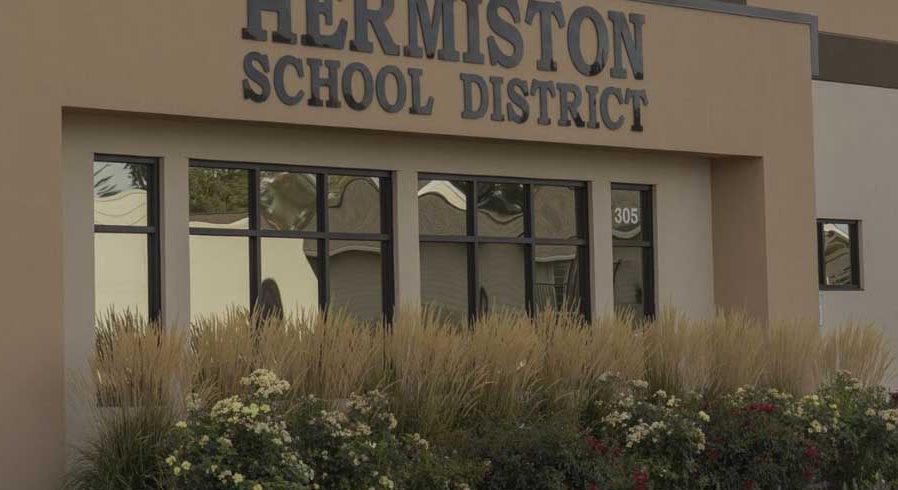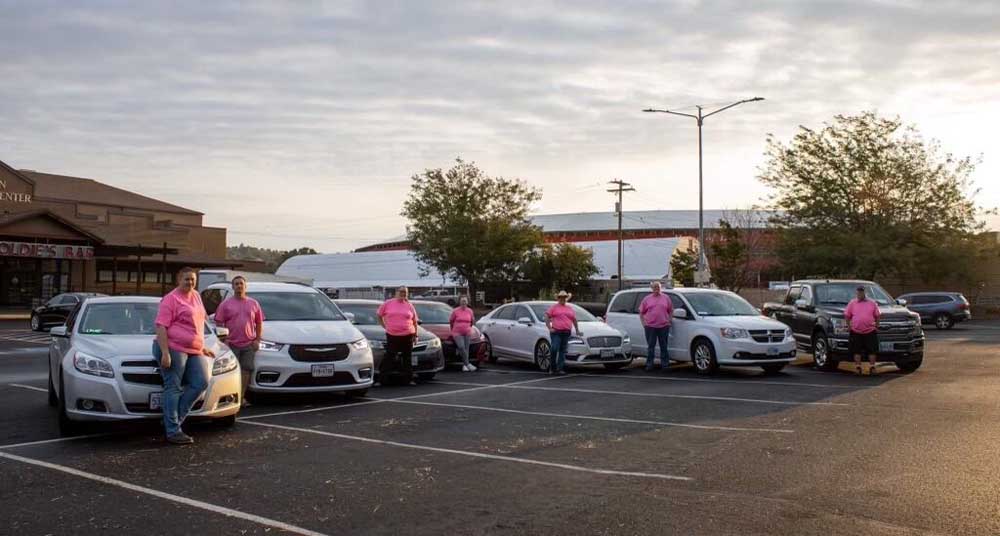Letters to the editor 12-11-24 — print
Published 5:00 am Wednesday, December 4, 2024
The word charity means love. Charitable giving is an outward display of love.
The decay of America can be traced to the day our government started identifying as a charitable cause, collecting income taxes and redistributing it to those in need. This allowed Americans to feel as though they’re being charitable by simply paying their taxes.
When is the last time you felt loved by your government? Doing your bare minimum civic duty is not love. Ebenezer Scrooge learned this much. It is good for government to do what they can to aid their constituents in need, but it must never be conflated with or take the place of true charity. Doing so only extends the disconnect between us all as the love amongst us slowly degenerates.
This is in large part why Marxist communism is incapable of succeeding. It places government 100% in charge of all love. That’s why Marxist communism has little tolerance for religion — they want to be the only ones viewed as saviors of the people. But this approach is doomed to dystopian regimes.
A society that doesn’t encourage the people to love one another is a society that will inevitably fail.
Mark Elfering
Hermiston
Which is better? Punishment or correction? Retribution or rehabilitation?
Obviously, there are two ways of thinking about this. Some will say that when someone does something wrong, it is only fair that they should be punished. Others will say that it is important for the wrongdoing to be corrected and the one who is at fault should learn to do the right thing.
I tend to think that when I do something that hurts someone else, or I do something that is considered wrong, I should have an opportunity to correct my wrong action. But like most people, I suppose, when someone else does something that I think is wrong, they should be punished.
Hunter Biden had an addiction and failed to pay his taxes. He had possession of a gun for 24 hours, which was illegal. He went to trial on both offenses. He pleaded guilty on the tax charges, then paid the taxes, interest and a fine. He enrolled in a rehabilitation program for his drug addiction, and I understand that he is recovering. Anyone who knows a person who has been through the recovery process knows how challenging and difficult that is.
Personally, I think that Hunter should be appreciated for admitting that he was wrong in not paying the tax bill, and for paying it late with extra charges. I respect those who overcome substance addiction, because they have gone through hell. I am also grateful that he chose rehabilitation instead of the jail sentence, which would be costing the taxpayers for his jail space.
Evelyn Swart
Joseph
These are exciting times for La Grande parks.
First, we are on track to break ground on the new Riverside Park Playground this spring. The Riverside Committee, led by Sharron Langdon, Shayla Rollins, Jen Gleason, Andy Altenberg, Jeff Crews and Kelli Hildebrandt, has done an amazing job planning the project and then fundraising for it. They have raised nearly $280,000 locally, and this is matched by $408,184 from the Local Government Grant State Parks Program.
To learn more about the new playground, go to lagrandeplayground.org or call Stu Spence at 541-962-1348. And there’s still time to contribute.
The second major project, already up and running, is the new pump track next to the Pioneer Skatepark. Sean Lerner (Eastern Oregon Wheelworks), Tyler Brooks (Brooks Painting) and their team, all members of the Blue Mountain Single Track Trails Club, wrote grants and raised more than $100,000 locally to match another Oregon State Parks Local Government Grant. This got the design funded and executed, and it’s a huge hit.
Combined, these projects represent nearly a million-dollar investment in La Grande parks, La Grande youth, and La Grande’s future. Congratulations, and a huge thank you, from the Parks and Rec Commission.
David Moyal
Chair of the La Grande Parks and Recreation Advisory Commission
The Puritan minister Roger Williams in 1644 was the first public official to call for “a wall or hedge of separation” between “the wilderness of the world” and “the garden of the church.” The Supreme Court has interpreted the First Amendment’s religious establishment clause known as “separation of church and state.”






